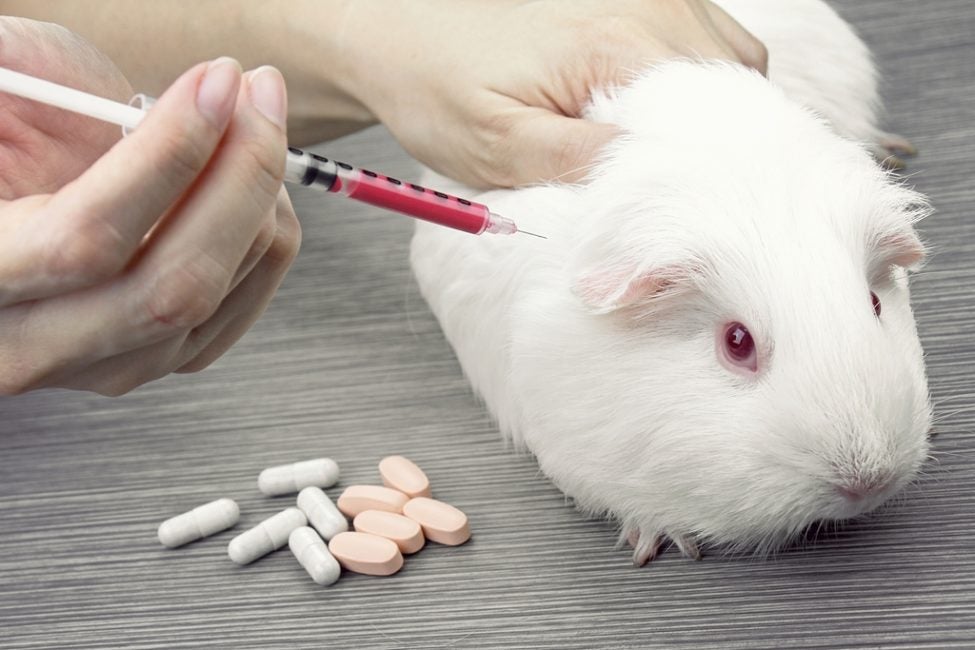
Brazil’s Ministry of Agriculture (MAPA) has introduced a new regulation making it possible for companies to forego two obsolete and scientifically unnecessary animal tests for quality control of veterinary biological products such as vaccines. The move has been welcomed by Humane Society International, which has been working in Brazil and across the globe with regulatory authorities and industry stakeholders to eliminate and replace obsolete animal testing from regulations for both human and veterinary biological products, promoting a global regulatory alignment in the way non-animal tests are accepted and implemented.
The animal tests impacted by the new Brazilian regulation – the Target and Laboratory Animal Batch Safety Tests – were developed nearly a century ago, consumed vast numbers of mice, guinea pigs, birds and larger animals, and are now widely regarded as unnecessary for assuring the safety of veterinary biologicals. Following a comprehensive scientific review, Brazil has decided to join the United States, Europe, Japan and other major economies in allowing companies to waive these tests.
Antoniana Ottoni, federal affairs specialist for Humane Society International in Brazil, said, “This welcome regulatory reform is a true win-win-win – sparing animals needless suffering and death, reducing costs and bureaucracy for companies and authorities, while ensuring a high standard of quality and safety for veterinary medicines in Brazil. We are grateful to colleagues in our Agriculture Ministry for their collaboration and willingness to break from a century old tradition in favour of alignment with the growing international scientific and regulatory consensus.”
Marcos Vinícius Santana Leandro, auditor and General Coordinator of Veterinary Products in MAPA’s Department of Animal Health said, “The Ministry of Agriculture, Supply and Livestock took the decision to install an official process for waiving animal tests for quality control for veterinary products, aware that the safety of these products can be achieved by improving the manufacturing process, which have come a long way over the past few decades, introducing strict controls over starting materials and the development of Good Manufacturing Practices (GMP), quality assurance and control, and pharmacovigilance systems. These advances have contributed to the creation of a safe environment in which waiving these tests has become a viable and safe possibility. In addition, it will enable the regulatory harmonization necessary to reduce bureaucracy in the registration of health veterinary products of extreme relevance to animal health and the development in our country.”
The new MAPA regulation is available here.
